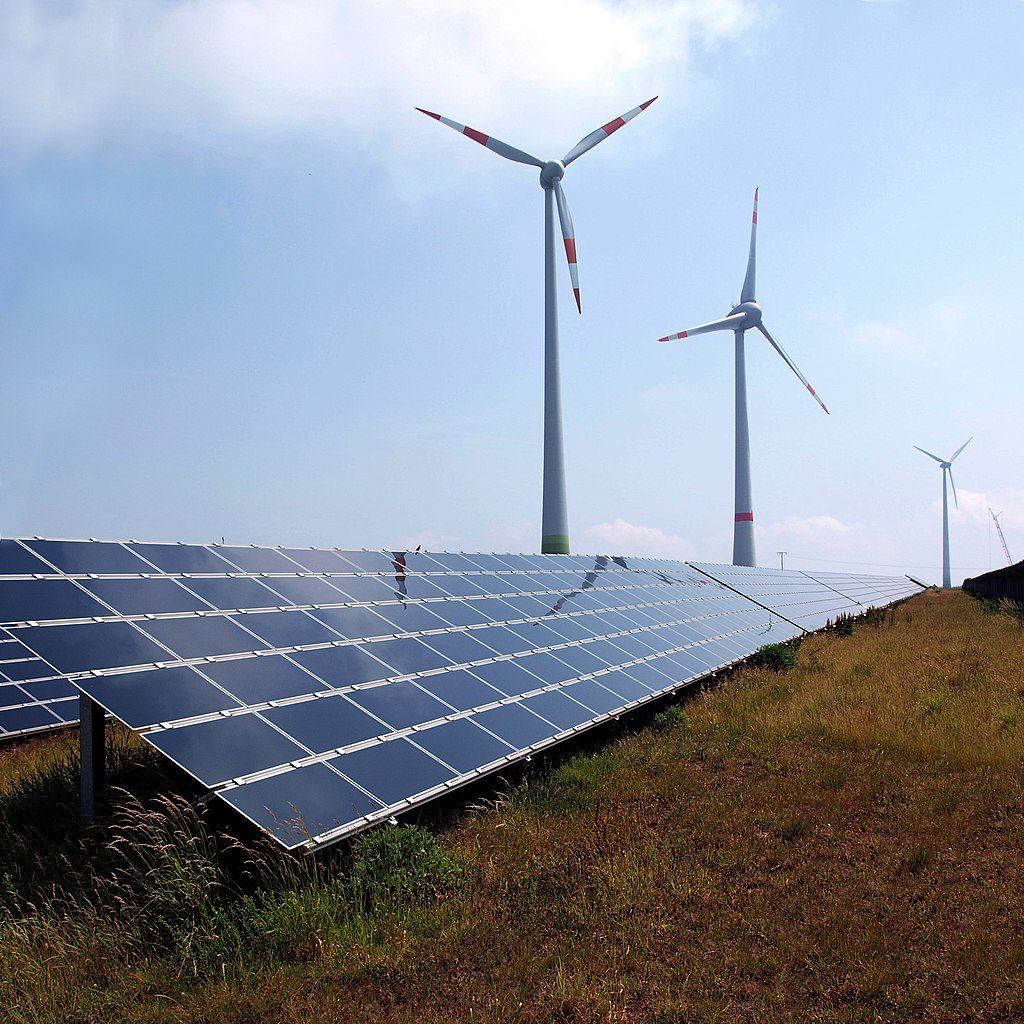In Fieldlab Hydrogen in Agri companies, knowledge institutions and governments work together on applications of hydrogen in the agricultural sector and the development of an associated hydrogen infrastructure. A path that, as it turns out, has its fair share of obstacles.
Anyone who starts working with hydrogen must take into account technical complexity and uncertainties. “Nevertheless, hydrogen remains an interesting solution,” says Chris de Visser, former researcher at Wageningen University & Research and member of the expert panel of Fieldlab Hydrogen in Agri. De Visser, who worked on the application of sustainable energy and green raw materials at WUR, expects that diesel in agriculture will be replaced by hydrogen..
Electric vehicles in agriculture are an interesting alternative for light work in particular. “For heavy work, which in open cultivation accounts for 90% of diesel consumption, we are looking at hydrogen as the most promising solution. I expect that in ten to fifteen years, heavy industry and transport will have switched to green hydrogen. Agriculture will soon follow. And the nice thing is that you can convert electricity that you cannot get rid of on the grid into green hydrogen.”

If one thing has become clear in the first year of Fieldlab Hydrogen in Agri, it is that the application of hydrogen in agri is not easy to get off the ground. "The main problem is that the entire chain has to make a transition," says Ralph van Soomeren, who is connected to the project as director of Rabobank regio Alkmaar eo and is a member of the Fieldlab expert panel. “Suppose you invest in a hydrogen tractor, then you have the machine on the farm but you are not there yet. You also need hydrogen suppliers, maintenance parties, financiers and insurers, and so on.”
In addition, hydrogen is still too expensive at the moment, certainly compared to diesel. “Nationally, we are putting a lot of energy into the transition to hydrogen. There is no lack of enthusiasm and in the agricultural sector too, there is absolute awareness of the necessity of the energy transition. But as soon as you start calculating investments, it can't pay off.”
Van Soomeren believes that the breakthrough in the energy transition will come from companies that have enough financial space to invest in hydrogen. “As Rabobank, we try to set the transition in motion where possible. We do this by sharing knowledge and using our network to connect parties. We also use cooperative dividend to investigate how we can make the transition possible. However, if we are going to finance through banks, there must be a sound business plan. With new hydrogen initiatives, the risk profile is often still too high, which makes banks reluctant to finance.”
According to Van Soomeren, we should not confuse this reluctance with unwillingness. “Rabobank has committed itself to the Climate Agreement and we see hydrogen as an important solution. This means that – no matter how difficult the energy transition – we will continue to support initiatives in this area.
A condition is that the government moves along with technological changes and ensures clear frameworks. “Legislation and regulations always lag behind the facts. Entrepreneurs should not let this hold them back, because before you know it, you are living in the past. But the government in turn must ensure that regulations do not have a delaying effect,” says Van Soomeren. De Visser adds: “A municipal official simply cannot assess a permit application for a hydrogen application if there is no clear framework.”


For Interpolis, part of Achmea, it is essential that technology is safe and reliable. As far as the use of hydrogen is concerned, the sector is in the orientation and research phase, says Bart Stengs, sector manager greenhouse horticulture. There is still a lack of knowledge and experience about risk factors such as fire and explosion hazards. “That is why we are also happy to participate in research and pilots, such as Fieldlab Hydrogen in Agri. We share our expertise and look at the risk factors. We also have discussions with suppliers about this.”
To remove uncertainty about investments in hydrogen, it is essential that standards and norms are established. “That makes the use of hydrogen predictable and safe and a good investment that can be insured and financed,” Stengs explains. “In addition, it is necessary that the supply of hydrogen increases, which will cause the price to share; that a good hydrogen infrastructure becomes available and that a market for trading hydrogen is created. Once these steps have been taken, the energy transition can accelerate.”

This project was made possible by a financial contribution from Rabobank and is co-financed by the European Union.